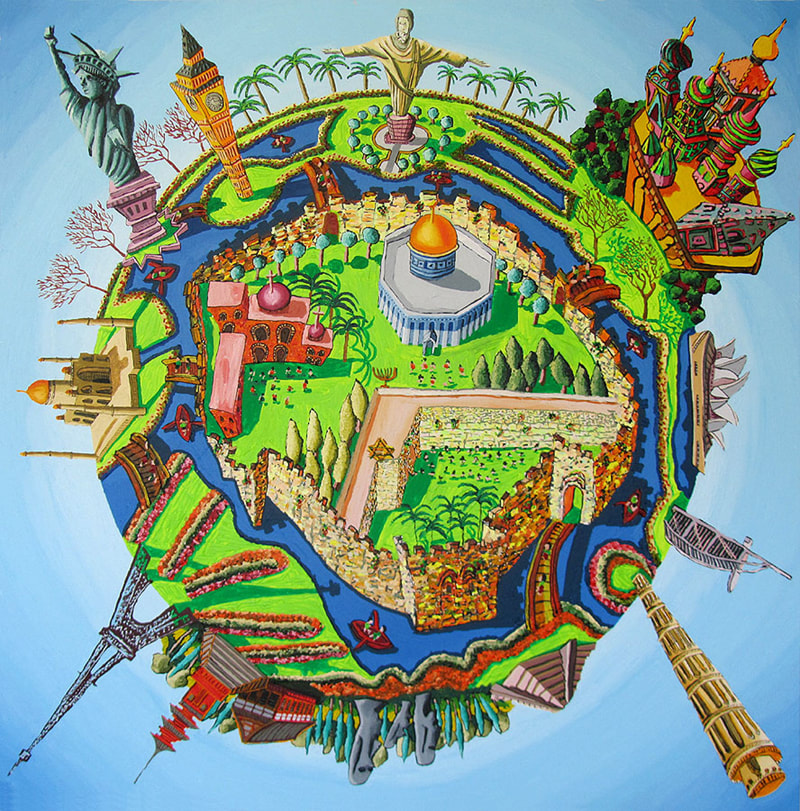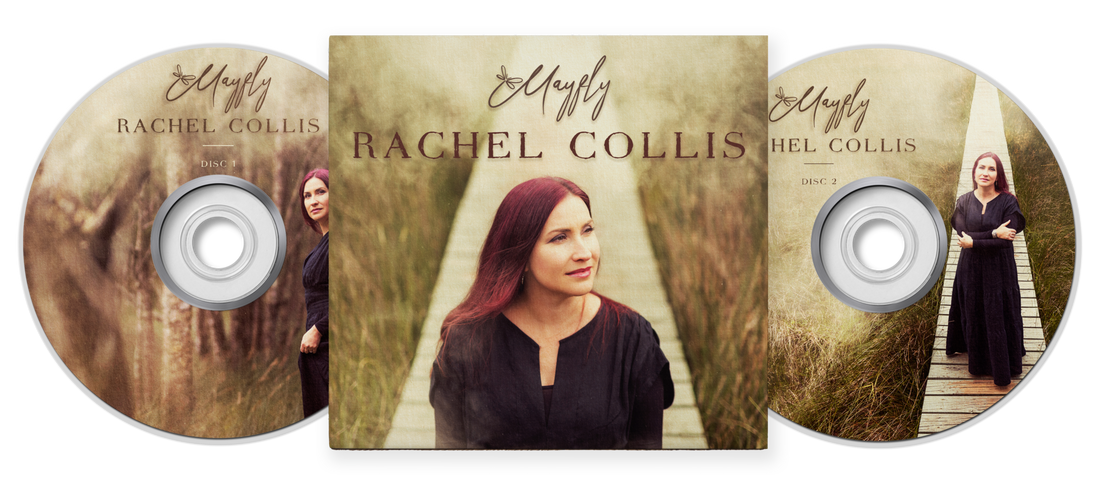Our two readings today may appear quite dissimilar in tone and features. Some of us may be tempted to ‘like’ one and ‘dislike’ the other. Our ‘liking’ a passage or not is hardly the most important thing about its truth and value however. Faith is not Facebook or Twitter! In fact these two passages are really not so apart as they might seem theologically. Both, after all, are prophetic and speak of the assurance of God. They come from different eras: the first from after the devastation of the Exile; the second from the period of the Roman empire and its colonial destruction. Yet both speak a similar message: Solo Dios, basta. They also need each other: the somewhat idealistic imaginary of the first passage being balanced by the realism of the second. I feel, for example, that they are a little like the two wings of the climate crisis movement: one side singing a powerful lament and the other a new song of creative possibilities. Without singing both we are in trouble…
As an historian, I certainly appreciate our Gospel today. It speaks of the coming destruction of the Second Temple and the devastating effects on the people of Israel. This brings authenticity both to the stories of the Jesus people of faith and to the messages they seek to convey. For, as theologian, whilst I also appreciate that the Gospel writer Luke has put his own finishing touches, it speaks realistically of the experiences of pain and hurt in human lives and societies, and of a hope beyond mere political hope lying beyond them.
What is crucial to see is where, in the Gospel story, Jesus is pointing his followers to look. Jesus is countering the attempts to misdirection, whether based on religious, political, or self-interested needs. Where would we look if this building were to be reduced to ruins, and others around us, and we saw an end to the religious and cultural practices they sustain? After all, it is only 200 years ago or so that this land on which we stand was devastated and its deep earthed traditions torn apart. Would we ourselves simply be fascinated by the destruction, consumed by the powers that oppressed and lament their end? Or would we focus afresh on what really matters? Solo Dios basta. What temple, or building, or cultural rites mattes to us – the outer features around us or what they seek to hold and signify? Above all, what about the people who are connected, especially, as Jesus points us to in Luke 21, the poor, and the other people and aspects of Creation we find in God, the source of renewing love. We area called to focus on what truly matters.
Both our readings today actually encourage us to sing a new song – the one using imagination, the other historical realities. Perhaps we are drawn more to one than the other, depending upon our personalities, contexts, or needs right now. They however belong together and encourage us to place our ultimate trust in God alone. For it is by the grace and strength of God that we are enabled to survive disaster and by the grace and imagination of God that we can dream again, as Isaiah did, and sing a new song.
To help us sing, both of struggle and of hope, let me now invite Rachel Collis to share some songs from her new album Mayfly, and to offer some further reflections upon them and upon our wider search for hope and a better future together…
see further rachelcollis.com
by Josephine Inkpin, for Pitt Street Uniting Church, Sunday 13 November 2022


 RSS Feed
RSS Feed